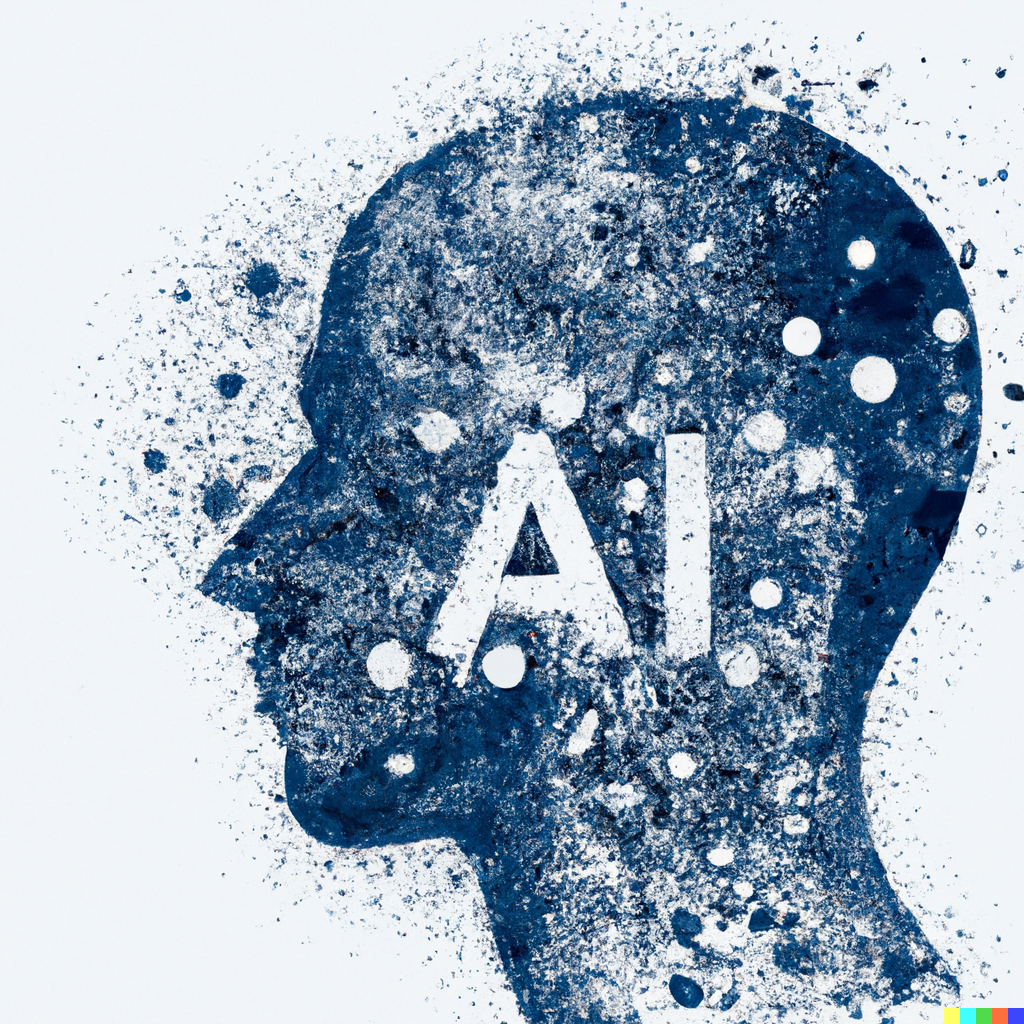Governor’s panel to decide what role AI will have in New York

Artificial intelligence has become a front-running item for state legislatures around the country, which are deciding how to regulate the technology to preserve workers’ jobs and ensure public safety. Assemblymember Clyde Vanel (D–Queens) has a bill heading to Governor Hochul’s desk to create an expert panel, an AI task force, which will decide how to regulate the technology.
According to the bill’s description, it will “[create] a temporary state commission to study and investigate how to regulate artificial intelligence, robotics and automation.”
Vanel is a proponent of artificial intelligence, even going so far as to draft a housing bill entitled, “An act to amend the real property law, in relation to requiring lessors

Brooklyn Boro
View MoreNew York City’s most populous borough, Brooklyn, is home to nearly 2.6 million residents. If Brooklyn were an independent city it would be the fourth largest city in the United States. While Brooklyn has become the epitome of ‘cool and hip’ in recent years, for those that were born here, raised families here and improved communities over the years, Brooklyn has never been ‘uncool’.